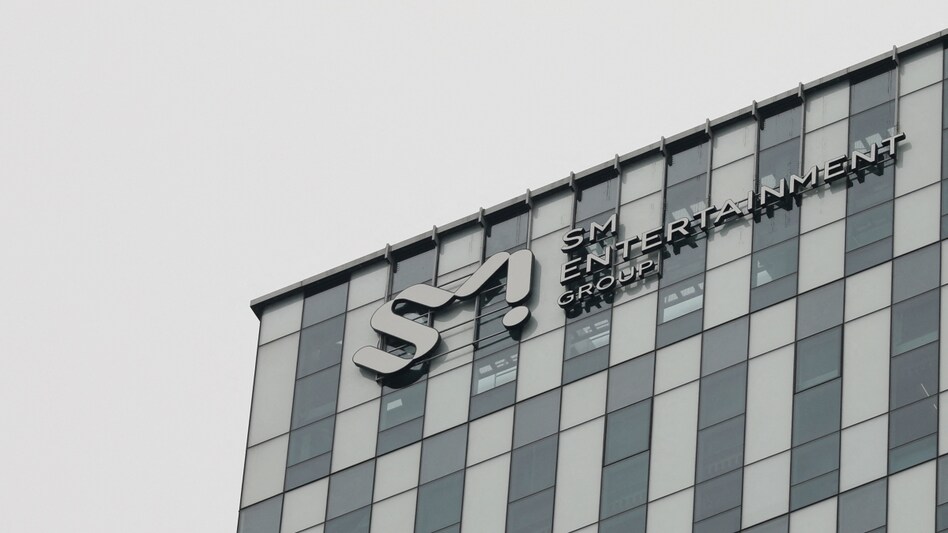SM Entertainment, once the gold standard of K-pop, is facing growing challenges. Despite producing iconic groups like H.O.T, BoA, TVXQ, and more recent acts like aespa and RIIZE, the company has seen a decline in market performance and reputation.
Once a dominant force in the K-pop industry, SM’s current struggles are drawing attention from fans and investors alike.
During its golden era, SM shaped K-pop’s global influence with legendary artists and pioneering performances. “SM Stans” remain loyal to the company’s production legacy.
However, internal issues began to surface, especially with the controversial influence of founder Lee Soo Man. This sparked a bidding war between HYBE and Kakao for control of the company.

SM’s management problems worsened with the departure of EXO members Chen, Baekhyun, and Xiumin, highlighting the risks tied to contract renewals.
Rising production costs and losses from subsidiaries also contributed to the company’s struggles. Furthermore, NCT’s Taeil was recently removed from the group following allegations of sexual assault, putting SM’s management in a difficult spotlight.
These challenges have been reflected in SM’s stock prices. Over the past year, the company’s stock value has plummeted by 58%, nearly double the decline faced by competitor HYBE.
Its forward price-to-earnings ratio (PER) has been cut in half, signalling reduced growth prospects compared to other major labels like YG and JYP, which maintain higher PER ratios.

In response, SM is implementing various changes. The company recently debuted the AI virtual idol nævis and is preparing for the debut of Dear Alice, a UK-based group.
SM is also undergoing financial restructuring, selling subsidiaries like SM C&C and KeyEast, in hopes of stabilizing the company’s future. A major personnel overhaul may be on the horizon, with insiders speculating changes by next year.
SM Entertainment’s legacy in K-pop is undeniable, having produced some of the industry’s most influential groups.
As they face significant hurdles, their ability to adapt to the changing market will determine whether they can reclaim their former glory. Fans and industry watchers alike await the next moves from the once-mighty K-pop powerhouse.





